Orpheus Chamber Orchestra - Haydn: Symphonies Nos. 78 & 102 (1990)
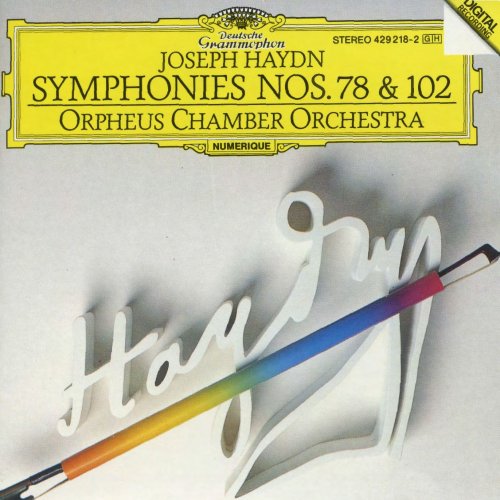
Artist: Orpheus Chamber Orchestra
Title: Haydn: Symphonies Nos. 78 & 102
Year Of Release: 1990
Label: Deutsche Grammophon
Genre: Classical simphonies
Quality: FLAC (image+.cue,log,scans)
Total Time: 45:40
Total Size: 222 MB
WebSite: Album Preview
Title: Haydn: Symphonies Nos. 78 & 102
Year Of Release: 1990
Label: Deutsche Grammophon
Genre: Classical simphonies
Quality: FLAC (image+.cue,log,scans)
Total Time: 45:40
Total Size: 222 MB
WebSite: Album Preview
The precision and polish of the ensemble in the playing of the conductorless Orpheus Chamber Orchestra remains a marvel... This will delight anyone fancying the coupling of a recognized masterpiece with a marvellous work still neglected.
The precision and polish of the ensemble in the playing of the conductorless Orpheus Chamber Orchestra remains a marvel. These performances follow up the success of the group's three previous DG discs of Haydn symphonies, but I am sorry that the pattern adopted last time of having three works coupled, representing different periods, has not been adopted again. The idea here is to couple one of the last of the ''London'' Symphonies with No. 78, one of three symphonies (Nos. 76-78) which represented a London contact in advance, intended as they were for possible performance in the Hanover Square Rooms.
Not that there are many other reservations to make, with the recorded sound beautifully balanced, both clear and atmospheric. One can hear more inner detail, and register the extra precision of ensemble, in comparison with the EMI disc of Tate and the ECO in No. 102. Speeds are very similar, and rather to my surprise the Orpheus performance, like the Tate, opts for speeds slower than usual in both the Largo introduction to the first movement and the radiantly lyrical Adagio, my own favourite among Haydn slow movements. The Orpheus tempo is a fraction slower even than Tate's, with rather more espressivo phrasing, but it still flows easily. Yet in fast movements the very clarity makes the result just a little unsmiling in comparison with a performance like Tate's. The very clipped account of the Minuet for example is a shade too emphatic.
In Symphony No. 78 I went back to the long-established example of Dorati's complete Decca LP set, and there too I found a rather similar contrast, though I must make it clear how thrillingly the thrustfulness and bite of the Orpheus performance brings out the Sturm und Drang associations of this C minor work. Any reservations are of little importance. This will delight anyone fancying the coupling of a recognized masterpiece with a marvellous work still neglected, here given its first CD recording.'
The precision and polish of the ensemble in the playing of the conductorless Orpheus Chamber Orchestra remains a marvel. These performances follow up the success of the group's three previous DG discs of Haydn symphonies, but I am sorry that the pattern adopted last time of having three works coupled, representing different periods, has not been adopted again. The idea here is to couple one of the last of the ''London'' Symphonies with No. 78, one of three symphonies (Nos. 76-78) which represented a London contact in advance, intended as they were for possible performance in the Hanover Square Rooms.
Not that there are many other reservations to make, with the recorded sound beautifully balanced, both clear and atmospheric. One can hear more inner detail, and register the extra precision of ensemble, in comparison with the EMI disc of Tate and the ECO in No. 102. Speeds are very similar, and rather to my surprise the Orpheus performance, like the Tate, opts for speeds slower than usual in both the Largo introduction to the first movement and the radiantly lyrical Adagio, my own favourite among Haydn slow movements. The Orpheus tempo is a fraction slower even than Tate's, with rather more espressivo phrasing, but it still flows easily. Yet in fast movements the very clarity makes the result just a little unsmiling in comparison with a performance like Tate's. The very clipped account of the Minuet for example is a shade too emphatic.
In Symphony No. 78 I went back to the long-established example of Dorati's complete Decca LP set, and there too I found a rather similar contrast, though I must make it clear how thrillingly the thrustfulness and bite of the Orpheus performance brings out the Sturm und Drang associations of this C minor work. Any reservations are of little importance. This will delight anyone fancying the coupling of a recognized masterpiece with a marvellous work still neglected, here given its first CD recording.'
Tracklist:
Symphony In C Minor, Hob. I:78
1 1. Vivace 5:16
2 2. Adagio 7:18
3 3. Menuetto: Allegretto 3:30
4 4. Finale: Presto 3:44
Symphony In B-flat Major, Hob. I:102
5 1. Largo - Vivace 8:35
6 2. Adagio 5:55
7 3. Menuet: Allegro 6:25
8 4. Finale: Presto 4:45
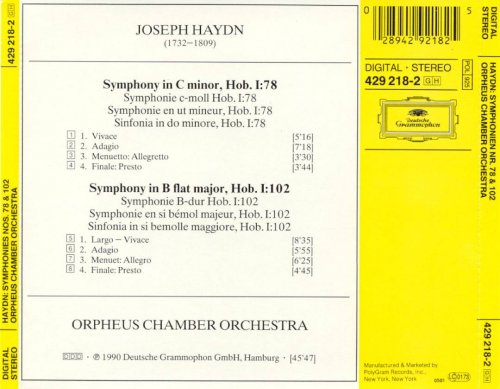
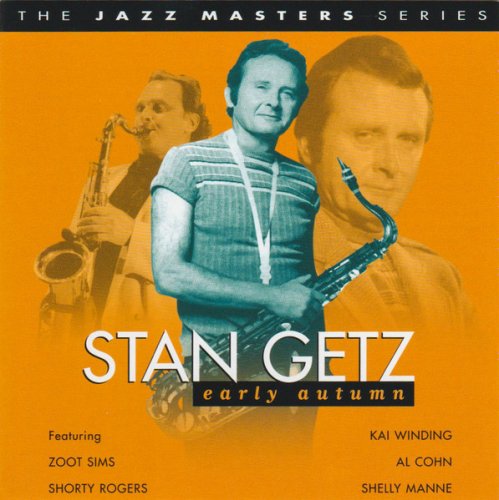
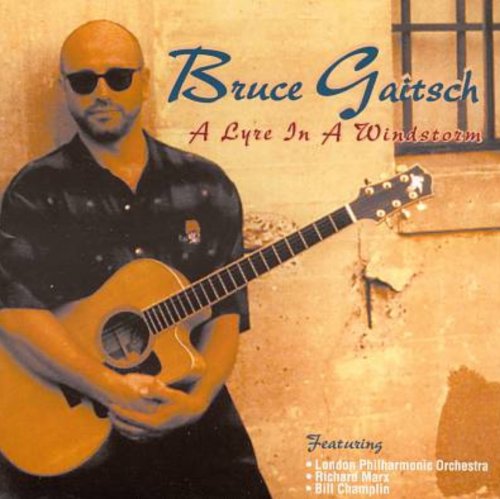
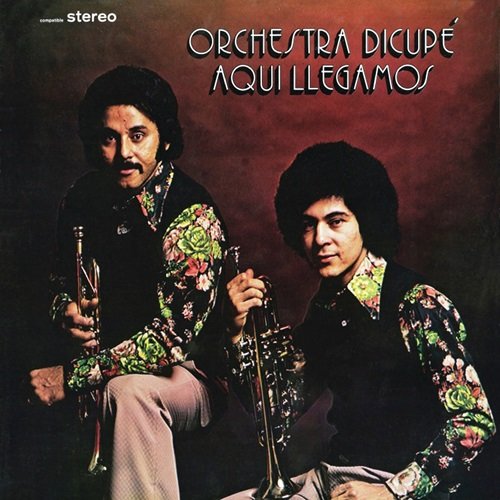

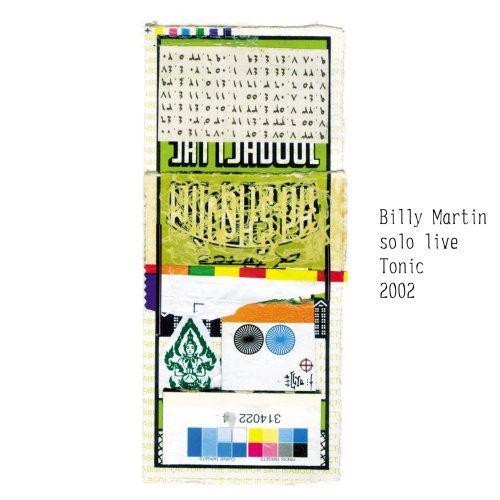
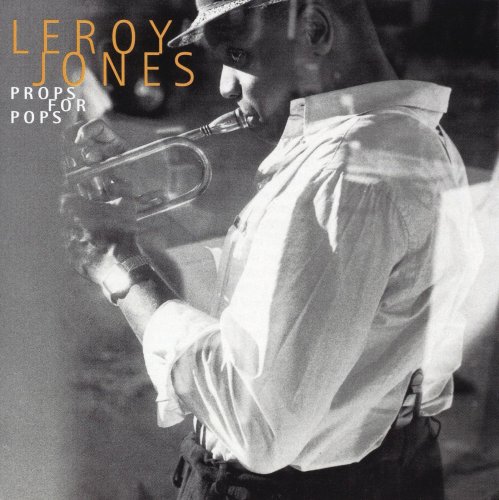
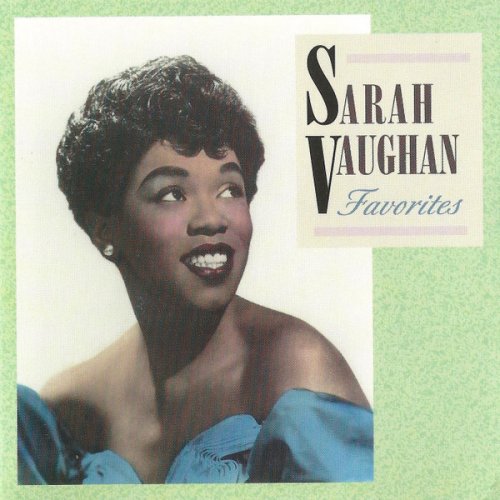
![Ace Cannon, Al Hirt - All-Time Country Greats (2026) [Hi-Res] Ace Cannon, Al Hirt - All-Time Country Greats (2026) [Hi-Res]](https://www.dibpic.com/uploads/posts/2026-01/1768282614_vbvfrlr9maemj_600.jpg)
